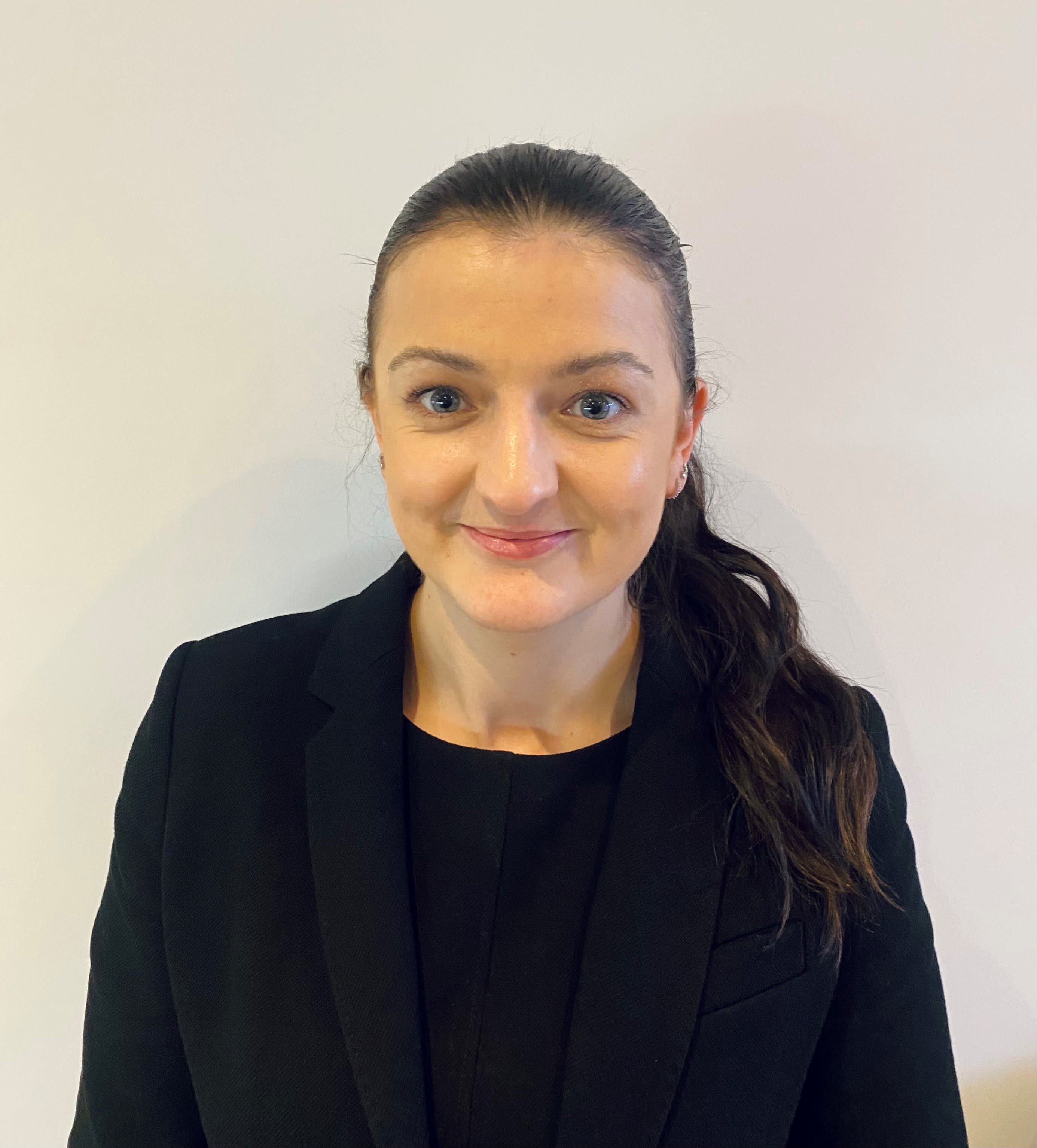Hear from our crown advocates
Usha, Crown Advocate
Usha, Crown Advocate
Usha, Crown Advocate
'At the epicentre of advocacy is preparation and working in a collaborative partnership with the reviewing lawyer, caseworker, and the officer in the case. My case strategy and preparation factors in back up measures to deal with issues - when things don’t go to plan.'
My background
I was called to the Bar in 1986 and completed three sets of six-month pupillages at civil and criminal chambers. I always knew that my forte and passion lay in criminal advocacy. It's an area of law that never ceases to fascinate and challenge me to do my very best.
At the inception of the Crown Prosecution Service (CPS), I was inspired by the concept of lines of distinction and independence between prosecutors and investigators - that is preserved to this day which speaks volumes about the impartiality of the CPS in delivering justice.
CPS career
I started my career as a crown prosecutor and was then promoted to senior crown prosecutor. I prosecuted a range of criminal and traffic cases at magistrates' and youth courts in London, spending about seven years in the trials unit.
In 2006 I was successful in my Level 2 crown advocate application. In 2014 I was successful in my application for Level 3 and have not looked back.
Since 2020 I've been prosecuting rape and serious sexual offences (RASSO) trials. I find this to be the most incredibly challenging and rewarding area of work, as I often deal with victims who have acute vulnerabilities.
My typical day
I start my court days between 8.30 and 9am. Preparation and planning is key. I check to see if officers, defence and colleagues have responded to emails about cases for the day. If I'm in a trial, I meet the complainant and witnesses, and explain court processes and procedures. I check they have their statements so they can read through them before giving evidence. It is vital I also check that the jury bundles are in place and the information is in the right order.
It's important to keep calm and plan ahead for the unexpected, thinking about the next steps to ask the judge if you need any extra time to make further enquiries.
My inspiration
I've had fantastic development opportunities to expand in my area of interest - prosecuting RASSO cases. A case of significant success was one I was junior counsel in. The defendant was charged with over 30 offences of rape and controlling prostitution - and was sentenced to 31 years after a 10-week trial. I prosecuted the trial as sole advocate for one of the weeks.
The most rewarding aspect of this job is progressing cases through the different stages. I've charged on RASSO cases, prosecuted the trials and the subsequent sentences. It is particularly satisfying when the victim says 'I feel vindicated that the jury believed me.'
My biggest learning
Be prepared to be proactive and think outside the box. Foresight, front loading and teamwork are crucial. Advocacy is not about wearing the wig and gown standing up in front of a judge waxing lyrical - it's about knowing your case inside out and planning how to present it in the best chronological way to make it effective, persuasive and fair.
Learn from every case you prosecute. A conviction doesn't mean that you did everything right and an acquittal doesn't mean you failed. You must learn from what you did best to do better, and also learn from what you could have done better.
Catherine, Crown Advocate
'I enjoy the variety of the casework. No two cases are the same, and I’m continuously challenged and learning. I try to take these lessons forward with me after each hearing.'
My background
Prior to working for the CPS, I completed my degree in Law with Spanish at Queen’s University Belfast. I subsequently completed the Bar Professional Training Course (BPTC) at BPP Manchester and was called to the Bar in 2017. Following the BPTC, I worked solely in employment law in Manchester. I spent over three years defending respondent companies who faced employment tribunal claims. My work involved preparing case files from inception, including drafting response forms, managing disclosure and drafting witness statements.
After 12 months, I progressed and started working as an advocate at employment tribunals across the UK where I was responsible for the presentation of cases at court. I regularly defended claims involving discrimination, unfair dismissal and protected disclosures. I was also heavily involved in drafting settlement agreements and representing clients at mediation hearings.
I'd always had an interest in criminal law, with much of my work experience and mini pupillages having been with criminal sets. When pupillage was advertised at the CPS I decided to apply and was fortunate enough to be successful.
My CPS career
I started pupillage in November 2020, qualifying as a barrister in November 2021. During pupillage, I was allowed to shadow more senior members of my team and undertake a secondment at chambers. In the practising stage, I conducted magistrates’ court trials alongside sentencing hearings and bail hearings in the Crown Court.
After qualifying, I became a crown prosecutor and primarily appeared in the magistrates’ courts conducting all types of hearings, whilst still appearing in the Crown Court where possible. I also reviewed cases on the days I was not in court and ensured cases were prepared properly, liaising with the police where necessary.
By March 2022, I was promoted to senior crown prosecutor and became responsible for making charging decisions. I also continued to develop my advocacy in more complex cases, including prosecuting in the youth court. By January 2023, I moved to the Crown Court Team, where I charged and prepared Crown Court files and took responsibility for the most serious matters. By July 2023, I was appointed as crown advocate having successfully passed the recruitment process.
I'm fortunate to have moved from pupil to crown advocate in approximately two and a half years, but it has taken a lot of hard work to get there.
My inspiration
I enjoy the variety of the casework. No two cases are the same, and I’m continuously challenged and learning. I learn so much whilst on my feet as issues arise in Court, and I try to take these lessons forward with me after each hearing. It’s a constant learning curve which is hopefully making me a better advocate and lawyer.
Whilst being a crown advocate does come with inevitable pressure, it can be exciting and some of my best days are those spent in Court. It’s always rewarding to feel that you have served a case well. I've always enjoyed advocacy, so it’s no surprise that I enjoy being at Court and being on my feet.
Aside from the work itself, there's a real sense of teamwork at the CPS. I have some wonderful colleagues and friends within my team who I know I can always rely on for support.
My typical day
As a crown advocate, I regularly appear at Crown Court to conduct hearings. These may be plea and trial preparation hearings, sentencing hearings or contested trials.
At Court, aside from conducting the hearing itself, I’m often engaged in discussions with defence counsel, or speaking with witnesses. The days when I’m not in Court are spent preparing those cases, which means reading the case files and providing advice to the reviewing lawyers in the Crown Court Team.
Some weeks I can be in Court every day and some weeks I may only have a couple of hearings. It’s peaks and troughs!
My biggest learning
The CPS offers a wealth of opportunity if you’re willing to put the work in. You can build a career if you want to and gain real criminal law experience along the way. It’s a huge learning curve when you first start, but I would say to take it all in your stride and keep learning.
Throw yourself in. Some days will be tough and onerous, but equally, you will have days where your decisions will have such a positive impact and you will feel a huge sense of reward and achievement.
Catherine, Crown Advocate
Catherine, Crown Advocate
Catherine, Crown Advocate
Catherine, Crown Advocate
Catherine, Crown Advocate
Catherine, Crown Advocate
Catherine, Crown Advocate
Catherine, Crown Advocate
Catherine, Crown Advocate
Catherine, Crown Advocate





